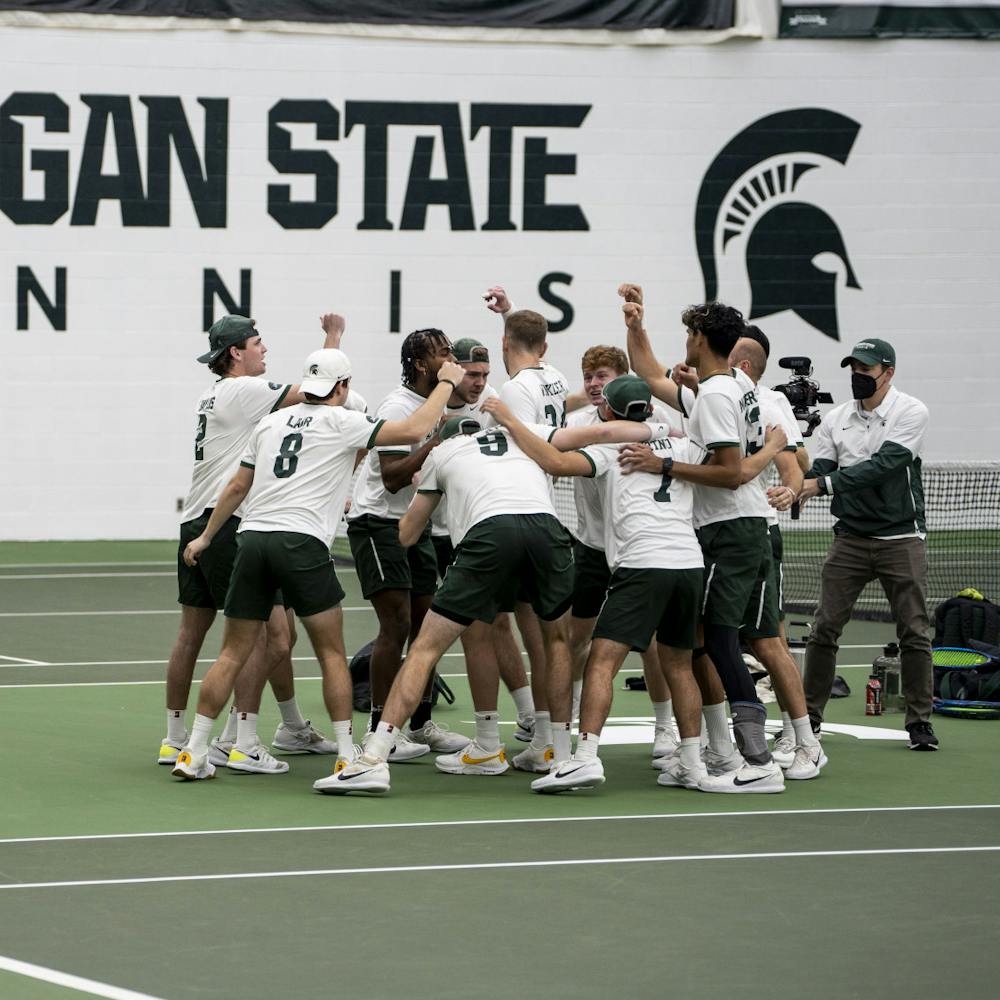Michigan’s Republican governor and Democratic attorney general brought a unified message to the Kellogg Center on Tuesday: Government should keep its hands off the high-tech industry.
Gov. John Engler and Attorney General Jennifer Granholm, who had been pitted against each other in a bitter battle over the attorney general’s power about a year ago, found themselves on common ground at a Information Technology Association of Michigan conference on emerging rules and regulations of cyberspace.
Engler touted furthering online services, such as state campground reservations and hunting and fishing licenses, during his morning keynote address.
“We want to be completely Web-ified to the extent we can get there,” he said.
The governor also reiterated his plan to create a cybercourt to handle cases for the state’s high-tech companies. Engler mentioned the court in last week’s State of the State address.
Judges for the court, which would essentially create a virtual courtroom, would be appointed by the Michigan Supreme Court.
He also pushed a plan to put lesson plans online to help teachers direct classwork to meet state standards. The plan could also put advanced placement courses online for high school students who want to earn college credit.
Engler’s focus on high-tech industry has been “tremendous,” Granholm said. She wholeheartedly endorsed his idea of a court that would have expertise in technology and would consider high-tech firms’ cases on an expedited schedule.
“He’s definitely right to be talking about it,” she said. “I love all of this creativity that thinking about technology gives to us.”
Richard McLellan, chairman of the association, said he hopes the conference helps raise awareness about the state’s needs to improve the technology industry.
“Michigan is not known as a technology enriched state, but it really is with the auto industry,” McLellan said.
Granholm and Engler also pushed for a limited government role in high-tech businesses. Engler pushed to clear barriers such as high access fees or restrictions on high-speed phone lines put in place by local governments.
“We have barriers today I think we have to deal with,” he said. “Local governments shouldn’t be able to erect tollbooths and stoplights on the Information Superhighway.”
Granholm, who spoke to the conference about privacy issues, wants consumers to have more control over what information they share with Internet companies, particularly when they are divulging medical or financial information.
But she said she would like to see companies voluntarily adopt stricter privacy policies, rather than forcing the issue through the “hodge-podge” of privacy laws that differ by state.
“Why not have the market respond to the demands for privacy?” she asked. “And if the market doesn’t respond, guess who steps in? And it’s not pretty.”
Patricia Mell, associate dean for academic affairs at MSU-Detroit College of Law and a technology law expert, praised state officials for addressing technology issues before major problems arise.
“They are taking a very active look at what privacy means and what technology means,” she said.
Staff writer Christa Weaver and The Associated Press contributed to this report.






